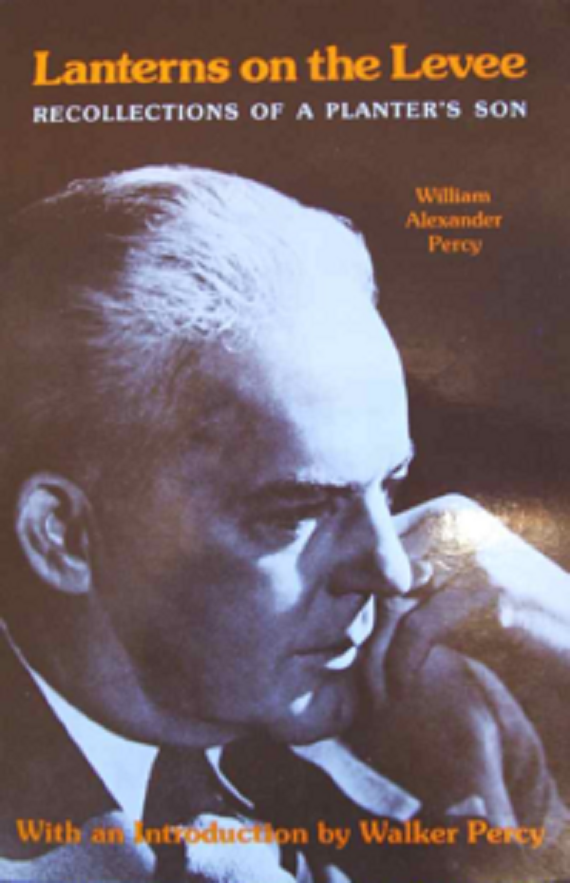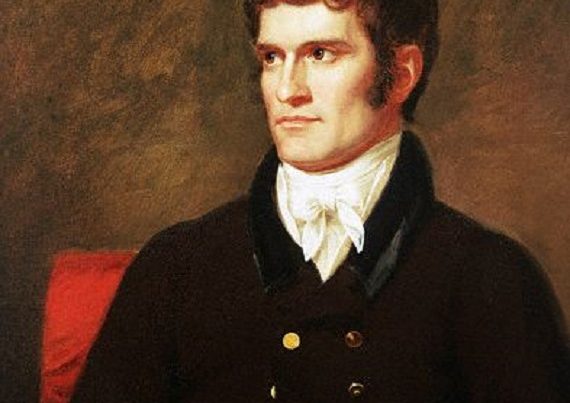The books found on library shelves began changing some time ago. The intellectual interests of most Americans began to diminish, and those Americans who do have intellectual interests, normally use the Internet for research. Consequently, most books about “serious” subjects began disappearing from library shelves, being replaced with “pop culture” books.
But, even before these changes, it was difficult to find a book that portrayed the South in an equitable manner, even in Southern libraries. Since the 1950s, it has been considered bad form to portray the South favorably. Also, there’s been a mass migration of Northerners into the South over the last few decades, and, consequently, Southern library selections reflect the tastes of relocated Northerners. As a result, Southerners seeking a more impartial account of past events in the South will probably have to purchase books for their own libraries.
Of course, there are numerous books about the South that can be acquired by earnest Southern readers, but one that I think should be on every Southern bookshelf is Lanterns on the Levee: Recollections of a Planter’s Son, by William Alexander Percy.
This book was published in 1941, long before the serious sanitizing of history began. Will Percy was born in 1885, to an aristocratic family of Southern planters in Greenville, Mississippi. He wrote about events from his very young years until the late 1930s. With his insight and special writing skills, Will Percy brought to life not only the Mississippi Delta of his time but the entire Southern region as well. Percy describes the people and events in the perspectives of the era, unhindered by today’s “sensitivities”, and he doesn’t fault Southern traditions or the perquisites of his inherited aristocratic ancestry.
While Percy accepted his privileges and wealth, he realized that with them came responsibilities for those less fortunate. Percy accommodated the needs of minorities as he perceived them during their lives together and his household servants held him in high regard. Admittedly, Percy’s relations with blacks were paternalistic, but in his time this way of relating to minorities didn’t have the negative connotation it has today. Some contemporary reviewers might be discomfited by Percy’s descriptions of racial attitudes and relations between the races but his descriptions of these experiences together are honest and straightforward. In fact, Will Percy’s views on race relations, like his father’s, were advanced for their era. Both exerted their considerable influence to have fledgeling Klan group removed from Greenville.
The accidental death of his ten year old brother left William an only child. He had few playmates, mostly the children of black servants, so grownups essentially became his peer group. The young boy would sit quietly in the corner of the room, listening to his father’s group of friends discuss topics ranging from the trivial to the serious, and from current events to philosophies of life. Mrs. Percy was an attractive and gracious hostess, and their guests looked forward to her mint juleps, which she meticulously concocted, never varying her ingredients, measurements, and garnishes.
Will Percy was privately tutored by learned neighbors as well as a Catholic priest. In his teens Percy was sent to Sewanee, the University of the South, and after obtaining a law degree from Harvard, went to work in his father’s Greenville law firm. He spent his entire career there while he pursued his intense interest in poetry and literature during off hours. Upon the death of his parents, Will inherited the family estate, plantation and lands as well as his father’s law firm. He could now dedicate more of his leisure time writing and traveling to foreign countries and exotic places.
Still, because of his compassion, Will Percy was willing to give up his comfortable bachelorhood to adopt and raise three young boys, who were distant cousins orphaned by the untimely death of their parents. The oldest boy, author Walker Percy, has enthusiastically expressed his gratitude for Uncle Will’s selfless act of becoming a surrogate parent, as well as inspiring Walker’s distinguished literary career. Walker Percy’s first novel, The Moviegoer , was awarded the 1962 National Book Award much to the consternation of New York City’s literary coterie, enraged that a book by an unknown Southerner could have won over books by establishment favorites such as Joseph Heller’s Catch 22 and J.D. Salinger’s Franny and Zooey.
Being a “loner”, William Percy never married, but instead spent his time writing, traveling, and raising his three adopted sons. (At that time, men who remained bachelors and women who became spinsters were not suspected of deviancy; it was just their chosen manner of living.) However, some contemporary ideologues have selectively interpreted events in ways that suggest that Percy was a closeted homosexual, while they freely admit that their evidence is not solid. But the three men who grew to adulthood with him and knew him intimately, insist that these accusations are totally without substance.
Lanterns on the Levee is a first-hand account of a past era, primarily describing the Mississippi Delta, but also the outside world as well. Percy offers singular characterizations of his grandparents, parents, and relatives, as well as Delta folks and their lifestyles. He elegantly recreates the significant scenes of his time and place including a gripping description of the great Mississippi River flood of 1927. Of special interest are Percy’s descriptions of how families entertained themselves before radio; someone playing the piano or other instrument while others joined in by singing – much time was given to reading books and conversing, and on special occasions, downriver trips to New Orleans to attend performances at the New Orleans Opera House. Each event is described by Will Percy, who witnessed them, and they are described without the constraints of today’s preconceived notions. Lanterns on the Levee is a unique literary perspective of a time and place departed long ago.







